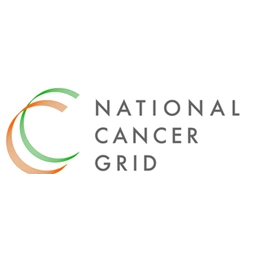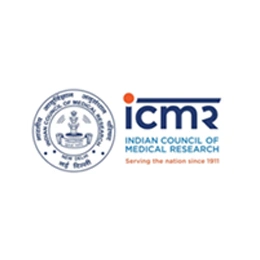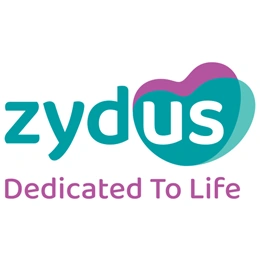Group summary
The Clinical Research Unit (CRU) at TTCRC is involved in the design, development, management, analysis, and reporting of academic clinical studies in cancer. It facilitates end - to - end Clinical Trials and helps in coordinating clinical studies linked with translational and implementation research.
Current Projects
Coordination of Multicentre Trials:
CRU oversees the multicentre clinical trial conducted by the Indian Childhood Collaborative Acute Lymphoblastic Leukaemia (ICiCLe) group. This trial focuses on children aged 1 - 18 diagnosed with acute lymphoblastic leukaemia, ensuring systematic collaboration among multiple centers.
CRU also coordinates The Indian Paediatric Oncology Group collaborative multicentre treatment protocol for children and adolescents with relapsed acute lymphoblastic leukaemia.
Implementation Research:
Hub under ISCALL: Post the ICiCLe - ALL 2014 initiative, TATA Medical Centre serves as a central hub under the Improving Survival in Childhood Acute Lymphoblastic Leukaemia (ISCALL) framework. CRU acts as a clinical trial and statistical unit, facilitating comprehensive data management and implementation research efforts.
Research on Asparaginase:
CRU conducts critical studies on Asparaginase, a key chemotherapeutic drug for ALL. This includes pharmacological monitoring and identifying quality Asparaginase biogenerics; current efforts include population pharmacokinetic modeling to optimize individual dosing. Collaborating with biopharma, we are initiating a clinical trial to assess the safety and efficacy of a new indigenously manufactured recombinant Asparaginase biotherapeutic, assessing its safety and efficacy.
Toxicity Management:
ICiCLe sub - studies, managed by CRU, include toxicity assessments that utilize risk-stratified treatment strategies. These approaches aim to improve cure rates while minimizing acute and long - term treatment - related toxicities.
Clinical Decision Support System (CDSS):
In partnership with Tata Consultancy Services, CRU has developed a clinical decision support system (CDSS), referred to as ADAM, 'automated dose advice in ALL maintenance', to assist prescribers with drug titration decisions in accordance with the 'titrate to tolerance' principle to adjust oral antimetabolite drug dosages. In parallel, efforts are underway to refine drug treatment during ALL maintenance, including evaluating the use of biomarkers in drug titration decisions, examining the use of oral adjuvants to reduce toxicity and/or augment efficacy, and introducing alternative drug formulations to enable continuous uniform daily dosing.
Achievements
News
-
Mr. Parag Das - Awarded First Prize for Oral presentation in Paediatric Oncology Category, at PHOCON 2024, Jammu
-
Mr. Manash Pratim Gogoi - Awarded Second Prize for Oral presentation and Third Prize for Poster presentation in Paediatric Oncology Category, at PHOCON 2024,Jammu
-
POEM - St. Jude Research Workshop, Istanbul, Turkey: attended by Mr. Manash Pratim Gogoi (2023), mentored by Dr. Victor M. Santana, St. Jude Faculty, Global Pediatric Medicine, St. Jude Children's Research Hospital.
-
POEM - St. Jude Research Workshop, Istanbul, Turkey: attended by Mr. Parag Das (2024)
-
International Collaboration for Research methods Development in Oncology (CReDO) workshop, 2024: Attended by Dr. Nandana Das, Dr. Neerajana Datta
-
4th Childhood Leukemia Early Adverse Reactions (CLEAR) Conference 2023, Copenhagen, Denmark, attended byDr. Shekhar Krishnan & Dr. Nandana Das
-
Observorship at Medical Research Council Clinical Trials Unit, University College London, Mr. Parag Das (2023), Dr. Nandana Das (2024)
-
Poster presentation at 26th Annual Pediatric Hematology Oncology Conference, 2023: Mr. Parag Das, Mr. Bishwaranjan Jana
-
Applications of pharmacometrics in drug development decisions: Hands on Workshop, as a part of 7th Annual Conference of the Society for the Study of Xenobiotics, 2024: Attended by Mr. Bishwaranjan Jana
Meet the Team
Collaborations
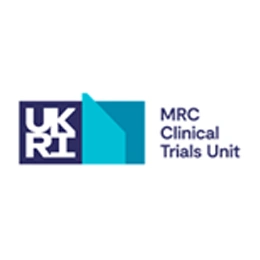
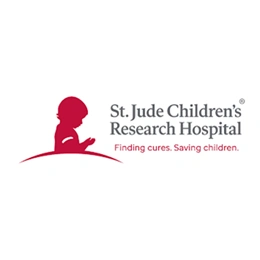

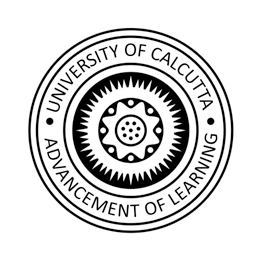
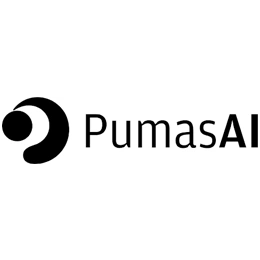


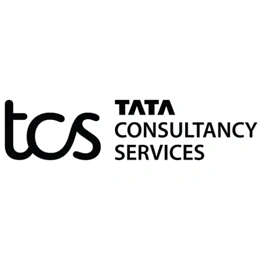
Research Support
